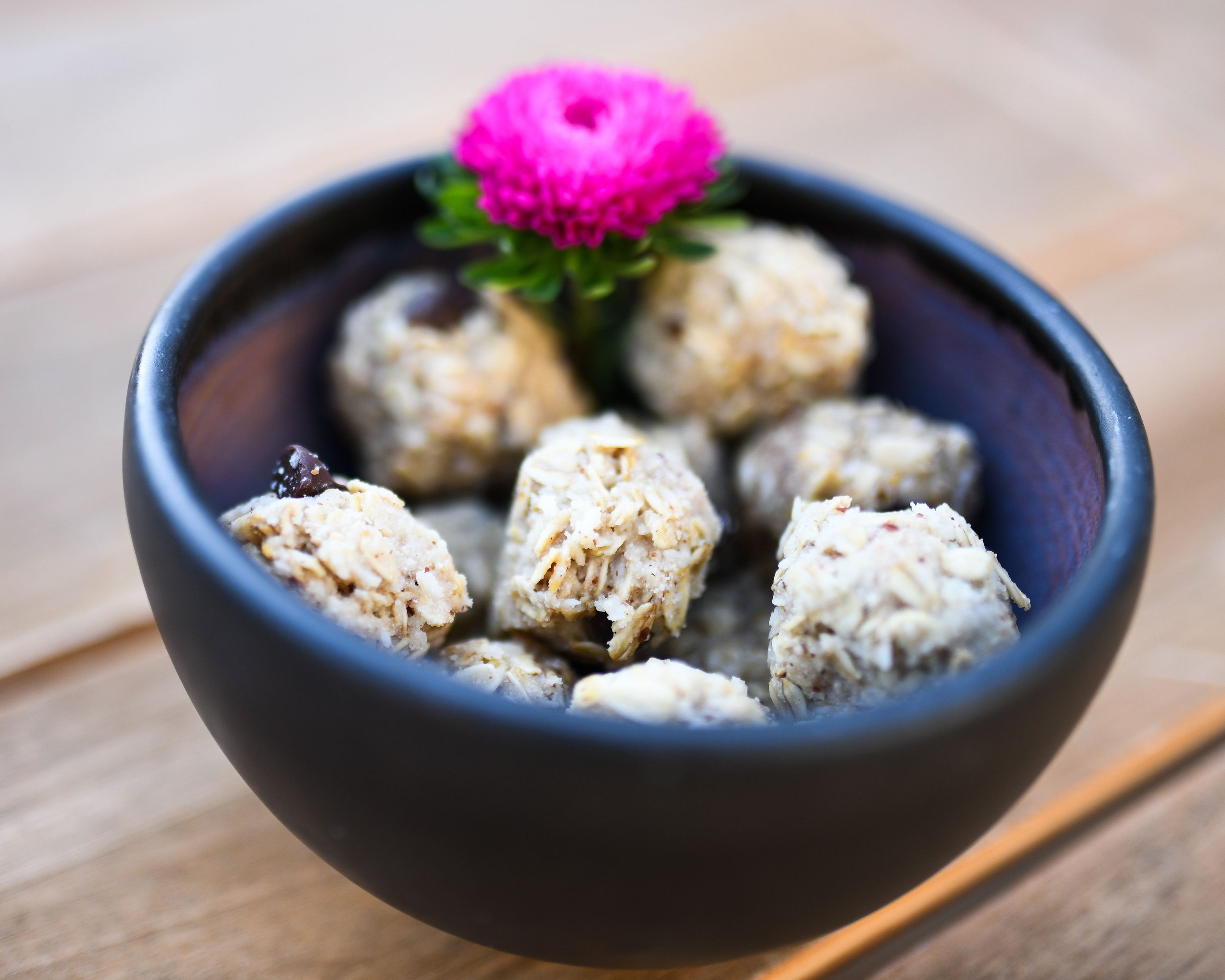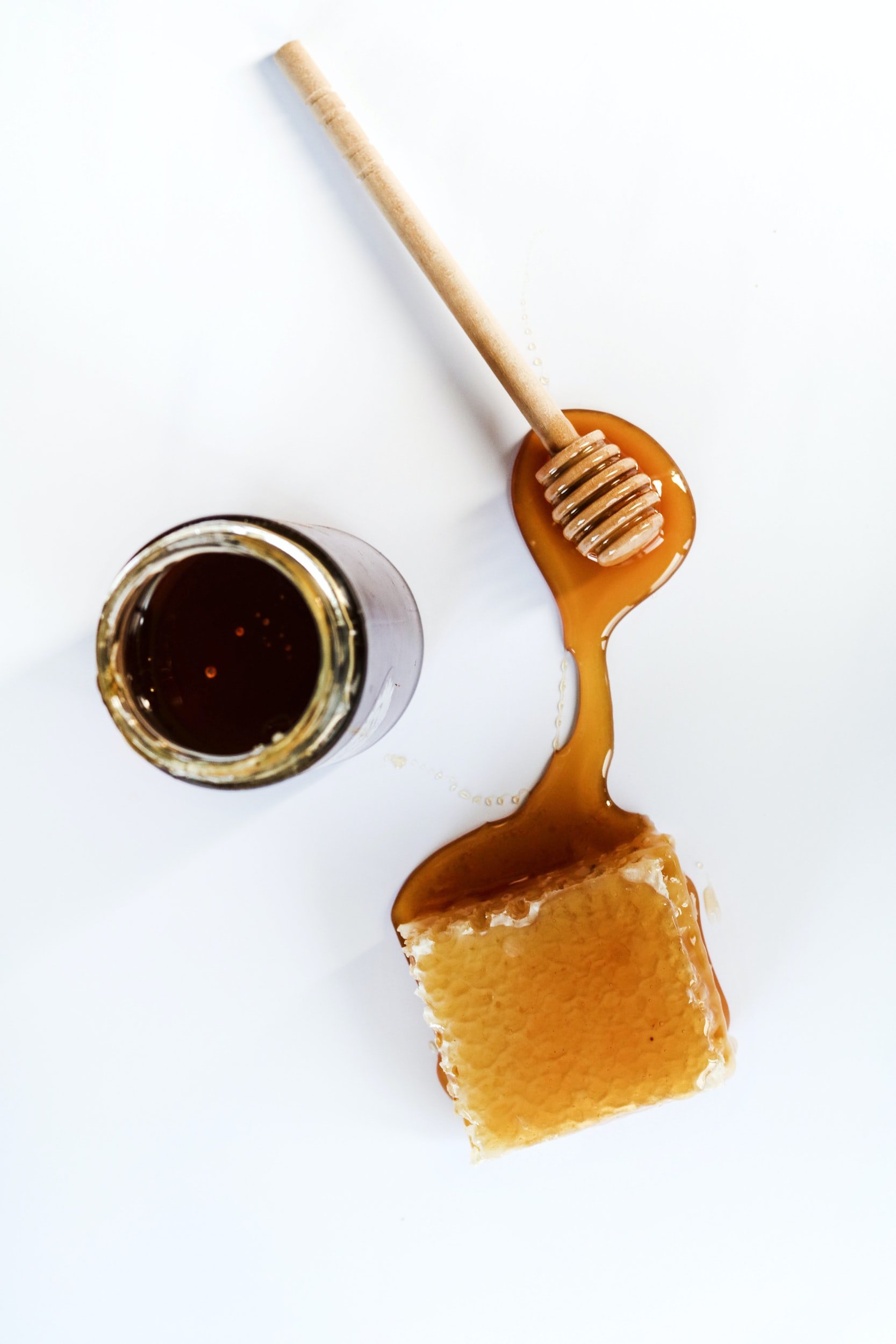Summer mornings are an excellent opportunity to embrace healthy habits that set a positive tone for the rest of the day. With longer daylight hours and warmer weather, there's no better time to revamp your morning routine. In this blog, we'll explore ten healthy habits that will help you start your summer mornings on the right foot, ensuring you feel energized, focused, and ready to make the most of the season.
Wake up with the sun:
During summer, the sun rises early, and waking up with it can be invigorating. Allow natural light to fill your room by leaving curtains partially open before going to bed. This helps regulate your body's internal clock and promotes a more refreshing wake-up experience.
Hydrate first thing:
After a night's rest, your body craves hydration. Start your day by drinking a glass of water as soon as you wake up. Add a splash of lemon juice for a refreshing boost of vitamin C and to kickstart your metabolism.
Morning stretch or yoga:
Greet the day with gentle stretches or a short yoga session. Stretching improves blood circulation, enhances flexibility, and promotes a sense of calm, setting a positive tone for the day ahead.
Take your workout outdoors:
Embrace the pleasant summer mornings by taking your workout outdoors. Go for a jog, bike ride, or brisk walk in the park. Outdoor exercise not only elevates your mood but also exposes you to natural vitamin D.
Mindfulness or meditation:
Spend a few minutes each morning practicing mindfulness or meditation. This quiet time helps reduce stress, enhances focus, and fosters a positive mindset for the rest of the day.
Plan your day:
Take a moment to plan and prioritize your tasks for the day. Whether it's using a planner, journaling, or a productivity app, organizing your thoughts and goals can boost efficiency and reduce feelings of overwhelm.
A healthy morning routine sets the foundation for a productive and enjoyable day, especially during the summer when you have the chance to embrace the early sunlight and pleasant weather. By incorporating these ten healthy habits into your morning routine, you'll experience increased energy levels, reduced stress, and an overall improved sense of well-being. So, rise and shine to a refreshing summer morning filled with positivity and vitality!








